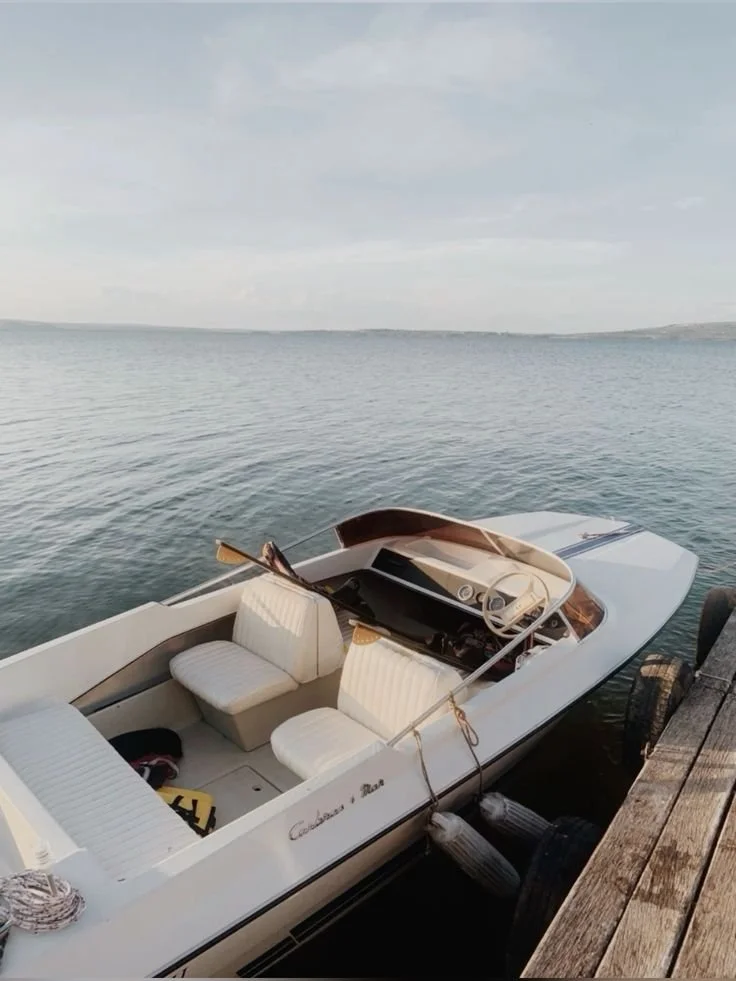Holiday homes abroad offer a tempting escape from the routine of daily life, providing a chance to unwind in a new and exotic setting. These homes act as a tranquil retreat, allowing individuals to immerse themselves in different cultures and landscapes while enjoying a sense of comfort and familiarity.
Whether nestled in the rolling hills of Tuscany, perched on a sun-kissed beach in the Caribbean, or overlooking the bustling streets of a vibrant city, holiday homes abroad like St Martin Villas offer a chance to create lasting memories in an idyllic setting. From savoring local delicacies to exploring hidden gems, these retreats provide the perfect backdrop for relaxation and exploration, making them a sought-after option for those looking to recharge and rejuvenate away from home.
Suppose you are considering investing in a holiday home abroad. In that case, it makes perfect sense if you like to go on vacation every year, prefer to spend time in the same location, and are looking to diversify your investment portfolio while enjoying the added personal benefits. Holiday homes offer great advantages, and in this article, we share some of the benefits of owning one.
No. 1
Resort-style living
Enjoy resort lifestyle living when you spend your vacation in your holiday home. Why pay an excessive price for a hotel when you can have the luxury of your own home? When you invest in an overseas property, you can enjoy it whenever you want to and at any time of the year. Plus, it’ll allow you to make money on rental income while living most of your time elsewhere, as you can rent it to other people.
No. 2
Diversification of investments
Diversifying your investment portfolio is a fundamental principle of sound financial planning. Investing in a holiday home overseas provides an opportunity to diversify your assets beyond traditional investments such as stocks, bonds, and mutual funds. Real estate investments, particularly in stable and appreciating markets abroad, can offer a hedge against volatility in financial markets and provide a source of passive income and long-term capital appreciation.
No. 3
Lifestyle and enjoyment
The chance to take extended vacations at your favorite luxury destination means you can truly immerse yourself in the lifestyle and culture of the place you’ve chosen as your second home. Whether it’s a luxury villa by the beach in the Caribbean, a mountain chalet in the Swiss Alps, or a beautiful historical townhouse in the heart of a European city, your second home allows you to relax in the summer and enjoy another part of the world.
It’s incredibly rewarding to spend days, weeks, or months in another place, embrace its rhythm, and feel like a temporary resident. Your second home will be a luxurious escape from home and a place where you can relax and rest while enjoying the diversity of new, yet familiar surroundings along with your loved ones.
No. 3
Capital appreciation
Many popular overseas holiday destinations offering a particularly desirable climate and a strong tourism industry have seen property appreciate over time. Investing in local real estate markets can offer considerable capital appreciation as property values rise over time—providing a solid capital gain to build your wealth and personal financial plan to secure your financial future.
By selecting the right property and location, which has a proven track record of opportunity in a region—and one that has strong rental demand—property selectors can ride the appreciation wave. You will have the chance to realize long-term gains as your investment gains momentum and provides residual returns. Enjoy passive income as you reap the rewards of a sound investment that matures with each passing year.
No. 3
Tax advantages
Owning a holiday home overseas may provide tax advantages and incentives that may enhance the financial benefits of your investment. Depending on the country and local tax laws, you may be able to deduct from your home equity loan property tax, maintenance expenses, and depreciation. Additionally, certain jurisdictions have favorable tax treatments for rental income and capital gains that may enable investors to maximize their returns on an after-tax basis and be a part of their investment strategy.
Takeaways
When contemplating investing in a holiday home abroad, there are various factors to consider before making a decision. It is essential to research and understand the real estate market, property regulations, taxes, and potential rental income. Analyzing the location's popularity, weather conditions, amenities, and accessibility is crucial.
Additionally, evaluating your long-term financial goals, maintenance costs, property management, and the impact on your overall investment portfolio is advisable. Seek advice from real estate experts, financial advisors, and legal professionals to make an informed decision that aligns with your objectives. Remember to factor in exchange rates and any political or economic risks of the foreign market.
Ultimately, investing in a holiday home abroad can offer both financial returns and a place for memorable vacations, but thorough consideration and planning are key. Once you get past the intricacies, you can enjoy a myriad of benefits that make it all worth the effort in the end. Having something to pass on to your family for generations of enjoyment is immeasurable, and you will be grateful you had the foresight to see it through.

































